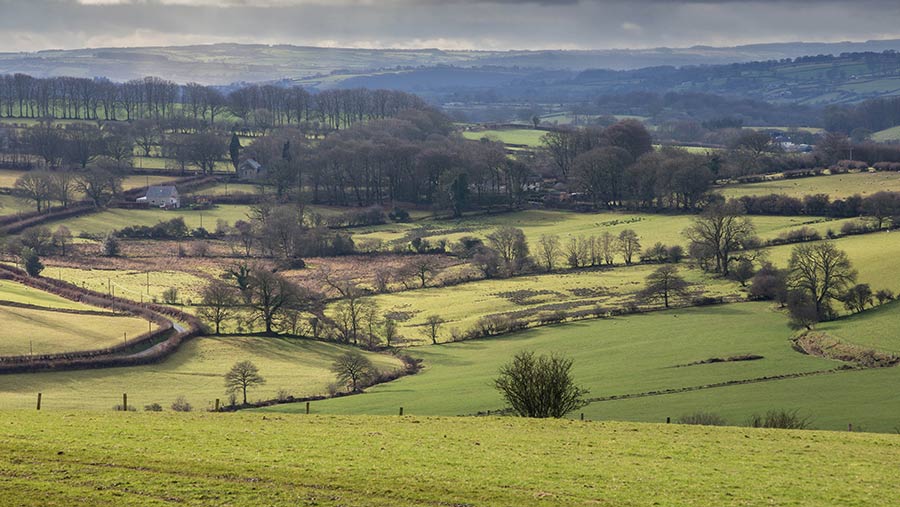8 things farmers should know about conservation covenants
 © Tim Scrivener
© Tim Scrivener Defra has published new guidance on how conservation covenants will work, including what needs to be included in an agreement.
A conservation covenant is a private, voluntary agreement designed to conserve the natural or heritage features of a parcel of land.
There is a basic requirement that all covenants must deliver a benefit to the public and have a conservation purpose.
See also: How conservation covenants fit in with new support schemes
However, within that framework the guidance explains that covenants can be used in different circumstances, including where landowners and farmers are being paid to provide ecosystem services or biodiversity net gain (BNG).
Here are eight things farmers should know:
1. They are long-term agreements
Farmers should be aware that unless the duration is set out in the agreement for the conservation covenant, it will last indefinitely. If parties choose to set a duration, there may be other requirements they need to meet.
For example, a covenant used for BNG must run for at least 30 years. Once a covenant has been registered with the appropriate land charges register it will be legally binding for future landowners.
2. Agreement must be with a responsible body
The agreement that a landowner or farmer enters must be struck with a responsible body, which can either be a local authority, charity or public or private sector organisation whose main purpose is related to conservation.
Defra has said it will publish further guidance later this year on how groups can register as a responsible body.
3. Scope of agreements covers the dos and don’ts
The agreement must describe what the landowner and responsible body will do to conserve the land.
This may include restrictive covenants that set out what the landowner will not do on the land, such as applying fertiliser to hay meadows.
It may also include positive obligations, which would be the things required of the landowner or responsible body, such as planting species to create a flower-rich meadow.
The agreement is also likely to cover any payments that will be made by one party to another.
4. Think about the what-ifs
Other information that may be included is details of how to end the agreement early, how to make permitted changes to a covenant and how to deal with any disputes.
5. Professional advice is essential
Defra has stressed that before entering into an agreement farmers should seek independent legal advice, not least as agreements must be executed as a deed by the landowner.
Landowners should also talk to a financial adviser to understand the tax implications, as the land may no longer be deemed to be in agricultural use.
6. Agreements will be monitored
One of the roles of the responsible body will be to monitor if everything that the landowner has agreed to is carried out, and to submit an annual return.
Any agreement should therefore include details of how and when inspections will be carried out.
7. Permitted changes to covenants
Conservation covenants can be amended, but both parties involved must agree to the changes and care should be taken to ensure that the agreement still meets the obligations that it is for conservation purposes and delivers a public good.
Landowners should be aware that covenants can also be transferred to another responsible body (unless the original agreement states that you cannot).
8. What happens if there is a disagreement?
If the landowner and responsible body cannot agree on changes to an agreement they can take the case to the Lands Chamber of the Upper Tribunal.
Read the full Defra note on conservation covenants
